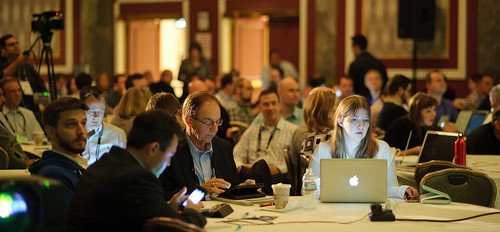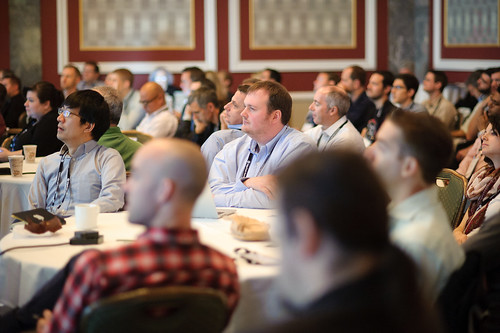One of the biggest news events in 2017 for those of us working in devops was hearing about abrupt changes at Etsy. In April, institutional shareholders, disappointed by Etsy’s low share price, ousted CEO Chad Dickerson, and under new CEO Josh Silverman, proceeded to slash the workforce and reduce costs. Many talented engineers that I happen to know personally as well as CTO John Allspaw himself were either fired or saw the writing on the wall and made for the exits.
These events were discouraging on a number of levels. First, Etsy’s world-class engineering and web operations team scattered to the winds. Allspaw and many others contributed a great deal to the discipline of web operations by applying lessons learned from improving reliability in other fields, such as transportation engineering and nuclear safety. More importantly, though, is that Etsy’s very existence shone a light on whether it’s possible to build a socially-responsible company within the constructs of the current venture capital, and by extension, capitalist system. What is the place of the social democratic entrepreneur within these confines? Continue reading





 After seeing yet another person whose Twitter profile says “retweets ≠ endorsements”, I feel compelled to say something. “RT ≠ endorsement” doesn’t distance you from something you’re retweeting. Rather, it’s the electronic equivalent of the annoying phrase just sayin’: a passive-aggressive way of making a statement while pretending not to have made a statement. Sorry, but I call shenanigans.
After seeing yet another person whose Twitter profile says “retweets ≠ endorsements”, I feel compelled to say something. “RT ≠ endorsement” doesn’t distance you from something you’re retweeting. Rather, it’s the electronic equivalent of the annoying phrase just sayin’: a passive-aggressive way of making a statement while pretending not to have made a statement. Sorry, but I call shenanigans.